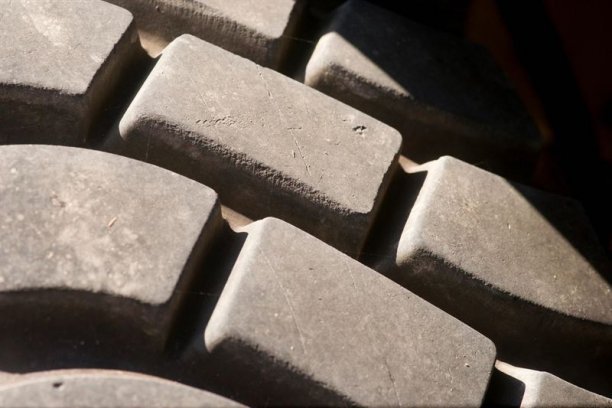
Neorec targets difficult waste
Pyrolysis oil processed into high-quality raw materials for chemicals and plastics at Neste’s refinery in Porvoo, Finland

1st May 2024
Innovation in Textiles
|
Espoo, Finland
In its efforts to advance chemical recycling, Neste, headquartered in Espoo, Finland, has successfully conducted its first processing trial run with a challenging new raw material – liquefied discarded tyres.
The company sourced pyrolysis oil derived from discarded vehicle tyres by Scandinavian Enviro Systems to evaluate the potential of chemical recycling beyond plastic waste to potentially broaden the company’s pool of waste streams that can be processed into high-quality new products.
Just as with hard-to-recycle plastic waste, a large amount of tyres end up in landfills or incineration at the end of their life cycle. Their composition of several materials, including synthetic fibres, makes them difficult to recycle with mechanical recycling methods. As a result, there is a strong case for using chemical recycling to help keep valuable materials in circulation and Scandinavian Enviro Systems has developed a pyrolysis technology for extracting carbon black and oil from the tyres.
“The beauty of chemical recycling is that it can process hard-to-recycle plastic waste but it’s not limited to that,” explains Andreas Teir, who is in charge of Neste’s raw materials supply for chemical recycling. “We consider chemical recycling a valid addition when it comes to changing the linear life cycle of tyres into a circular one. Thanks to our supplier Enviro Systems, we were able to prove that with our recent processing run.”
In the past, Neste has already successfully concluded several processing runs with liquefied waste plastic. These were the basis for its decision to invest in large-scale capacities for chemical recycling at the company’s site in Porvoo, Finland. The facilities being built are expected to be finished over the course of 2025 and will be able to process 150,000 tons of liquefied waste plastic per year.

Business intelligence for the fibre, textiles and apparel industries: technologies, innovations, markets, investments, trade policy, sourcing, strategy...
Find out more